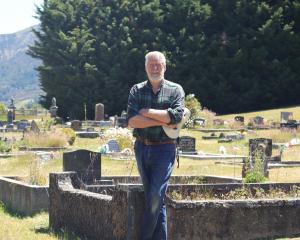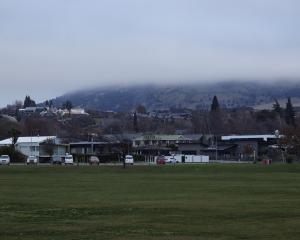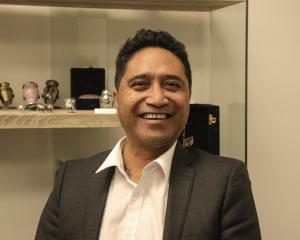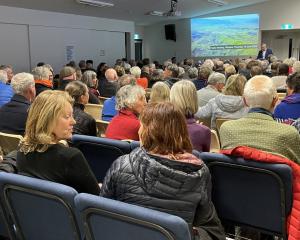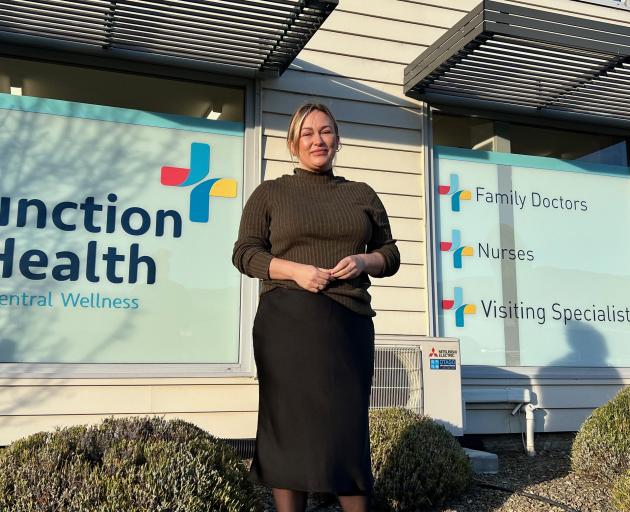
A Ministry of Health review of the abortions act showed that despite law changes and the more recent telehealth service, women in rural areas struggled accessing abortions.
The six-hour round trip to Dunedin for the procedure is not funded and women would need to field those costs alone.
As a way of making some abortion services more accessible, nationwide abortion provider The Women’s Clinic introduced "Decide" in 2022 — an over-the-phone service offering consultations and early medical abortions.
Recent statistics showed abortion rates had risen from 14,164 in 2022 to 16,277 in 2023.
The ministry’s review found the service was used significantly by women in rural areas, but in-person consultations were still in demand, especially for those seeking abortions later in their gestation.
Sexual Wellbeing Aotearoa chief executive Jackie Edmond said Wānaka and Central Otago was a good example of a regional location that needed more services.
The only locations in Otago offering in-person abortions were Cromwell and Dunedin.
Junction Health Cromwell offered abortions for women up to 10 weeks in their pregnancy, whereas Dunedin offered everything, including surgical abortions.
Women in Wānaka who were past nine weeks in their pregnancy would need to travel to Dunedin for an abortion, as 83% of abortions at later than nine weeks’ gestation were performed surgically.
That journey was difficult for women in the Upper Clutha and Central Otago areas, Ms Edmonds said.
"There’s still some smaller rural areas where access, if people want to go and see someone for their abortion, the access is still pretty difficult."
In 2023, on average 21% of all early medical abortions done through the telehealth services across New Zealand were accessed by women in rural regions, 13.6% of all in-person services being accessed by the same demographic.
The telehealth service offers consultations, and an abortion pill is then sent to their home address.
Ms Edmonds said the lack of easily available services in the Otago region was not only more time consuming but would cost women more, as transport and potential accommodation were not covered.
The report also found women in rural areas faced more fear around confidentiality when they were in living in smaller locations and had fewer options.
Ms Edmond agreed that women could feel anxious about going to their local care provider because there was less anonymity.
The next step to further improve accessibility would be a better funding system, she said.
Junction Health Cromwell nurse practitioner Alice van Zijl said it had received overwhelming support and demand from women in the region for its early medical abortions (EMA).
The service had initially been a research pilot, exploring the option of nurse-led abortion care, and was made permanent in Cromwell.
"Many patients have expressed appreciation for being able to access abortion care locally without the stress of extended travel," Ms van Zijl said.
She added that having an in-person option was valuable to many patients who did not want to access such sensitive care over the phone.
The demand received at the Cromwell Health Junction for the EMA has prompted Ms van Zijl to call for more funding for the service.
The EMA offered in Cromwell was on a patient-pays basis, which had created equity issues, she said.
"We believe publicly funded abortion care would significantly improve access for rural women."
Te Whatu Ora Health New Zealand director of funding Debbie Holdsworth said the agency had received two reports from the Ministry of Health outlining the barriers and making recommendations to improve abortion access in rural areas.
"We are continuing to work closely with the Ministry of Health to increase access to abortion services across New Zealand, and in particular, in rural communities," she said.



